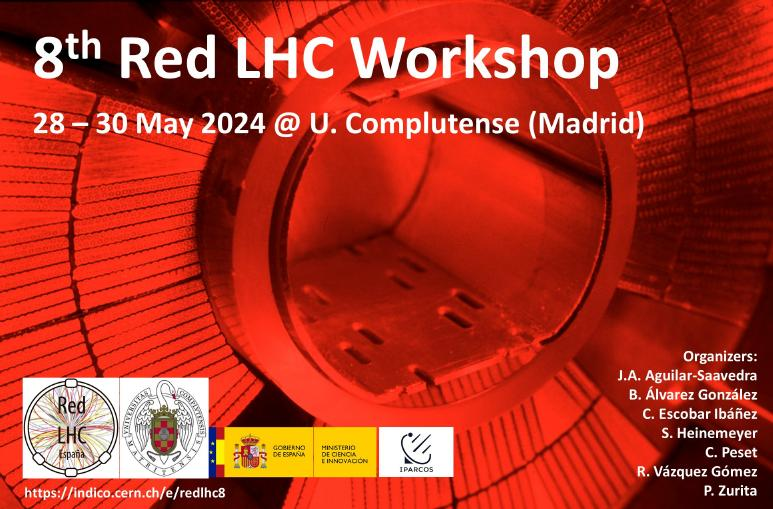Speaker
Description
Long-lived particles (LLPs) are predicted in many well-motivated theories of BSM physics, and naturally arise from the presence and breaking of symmetries, which can be motivated by cosmology and the nature of dark matter, neutrino masses, as well as solutions to the hierarchy problem. If these long-lived particles (LLPs) were to be produced at the LHC, they could decay far from the interaction point and thus show distinct signatures from those of promptly decaying particles that are targeted by the vast majority of BSM searches at the LHC. These signatures often require specialized triggering, reconstruction, and identification techniques, and dedicated analysis strategies and do offer excellent prospects for the discovery of new physics at the LHC. The first search for new physics using data collected in Run 3 during 2022, is dedicated to the search for LLPs in events with two displaced muons in the final state (arXiv:2402.14491). Additionally the collaboration is progressing towards the HL-LHC upgrades which foresees several hardware improvements, including new detectors (MTD and HGCal) and an improved DAQ and triggering system which will significantly enhance the discovery potential of LLPs with the CMS experiment. The prospects for future searches will also be discussed.
